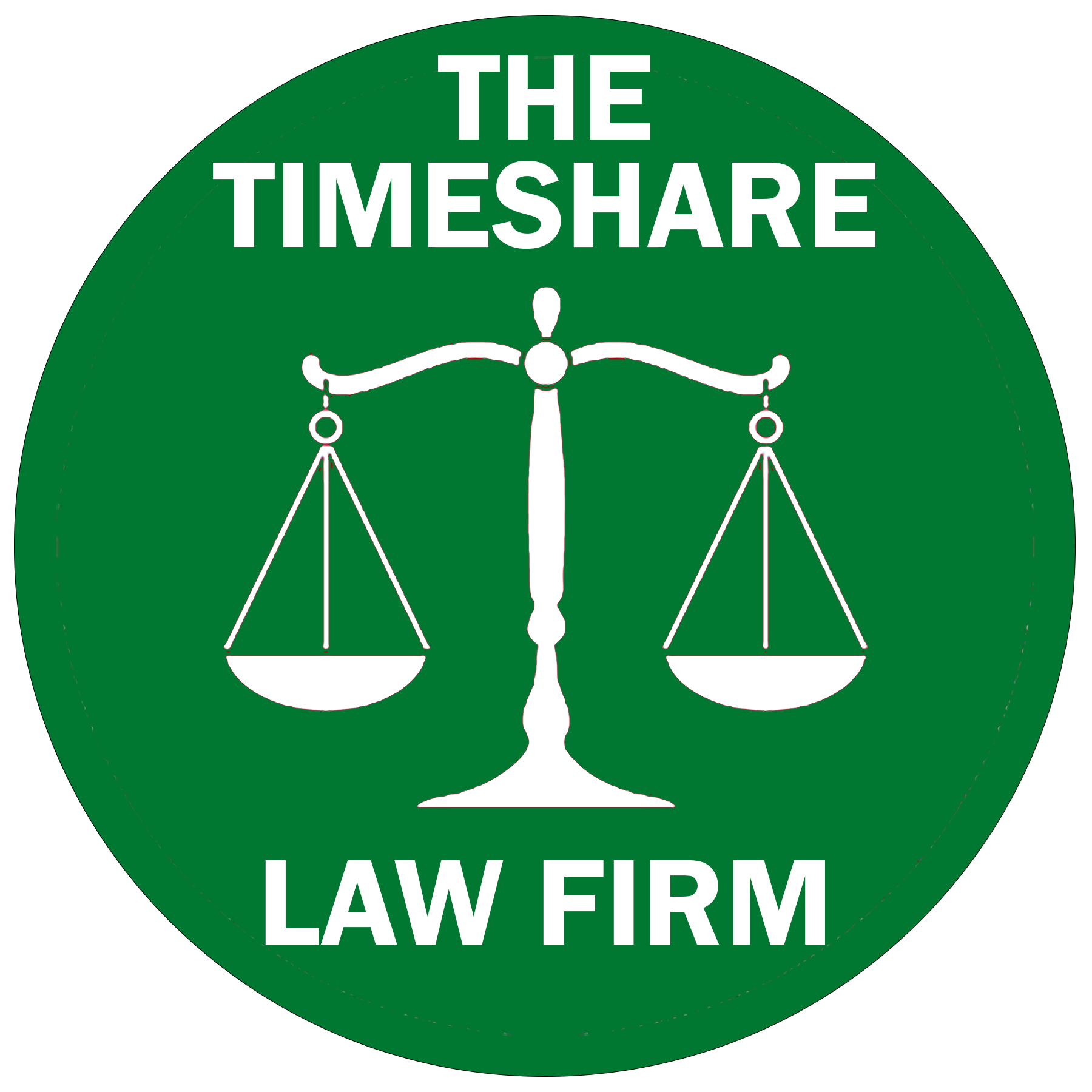Do you need to pay your maintenance fees? It is one of the most frequent questions we are asked when taking in clients to cancel their timeshare. While there is no one simple answer for what happens if you stop paying, there is information to give you an idea of what goes on behind the scenes to inform that decision. The first is that there is a contract, no matter what you may have been told about the relative legality of the contract or issues with it, in almost every case there is a physical contract somewhere that is signed. Second, is that it is by and far in the resorts best interest to get as much money out of you as possible before you hire a lawyer. Third is that there is a difference between a ‘request’ and a ‘demand’ to pay.
Despite its Issues There is a Contract
The first issue is that there usually is a contract. Regardless of how worn down or misrepresented someone may have been when they signed a contract there is still a piece of paper floating out there with their signature. So even when you rightfully choose to contest your contract and cancel your timeshare, the resort still has the ability to say you signed a contract saying that you have to pay. That is not to say they are right in doing so and often in these cases you may have a solid claim for relief, but until a licensed attorney skilled in timeshare law can assert that against your resort, the resort is emboldened to collect fees.
The Resorts Objective is Money
The Resort has little to no incentive to let you out of your contract. No matter how many complaints are filed online, or requests are submitted, it just is not in their interest to let people out. Take a look at your resort and their BBB complaints, Facebook or other online reviews, like Pissed Consumer. There are already thousands of displeased customers for most resorts with 1-star reviews. No number of complaints changes the contract. The longer you are in your contract, the more maintenance fees (and possibly financing payments) that they are able to collect from you, so obviously they will do whatever they can to delay you getting out of it. Unfortunately this is just the way the industry has survived, people getting informed after the resorts have already collected.
A Request vs. a Demand
Resorts will almost indefinitely send bills to clients requesting payment of fees, but a request for you to pay is not the same as a demand. Anyone can ask you for money and is well incentivized to do so, just because it looks official does not make it much different. The question is if you have reason to comply with it. It is important to know that until your timeshare cancellation is finalized resorts may try to leverage your contract against you. This can be done through simple bill request, or in some cases reporting to credit for delinquent accounts, or even threatening/attempting foreclosure and repayment of all the debt on the timeshare. Before you make the decision to stop paying it is important to have an attorney familiar with timeshare cancellations to advise you of your rights and potential defenses. If your timeshare purchase is getting out of hand, or you simply can no longer afford to keep up with it, contact one of our attorneys at 360-918-8196, or get started today for a no-cost consultation where we review your options regarding your timeshare.


Comments are closed